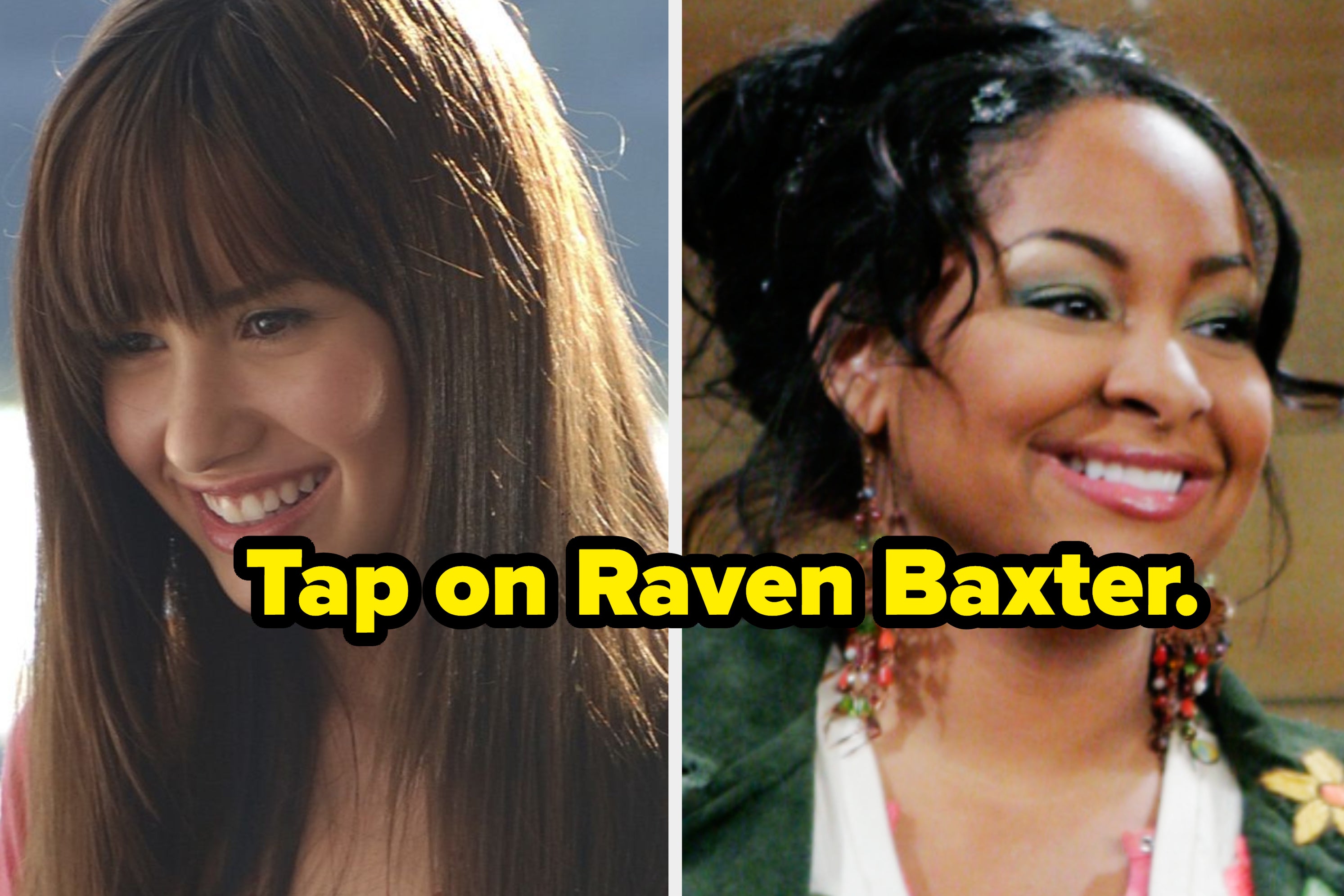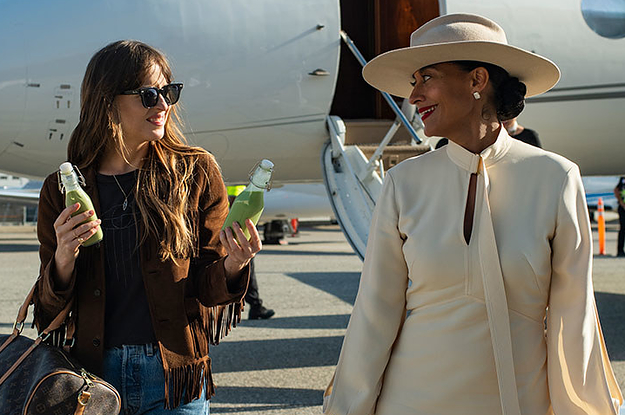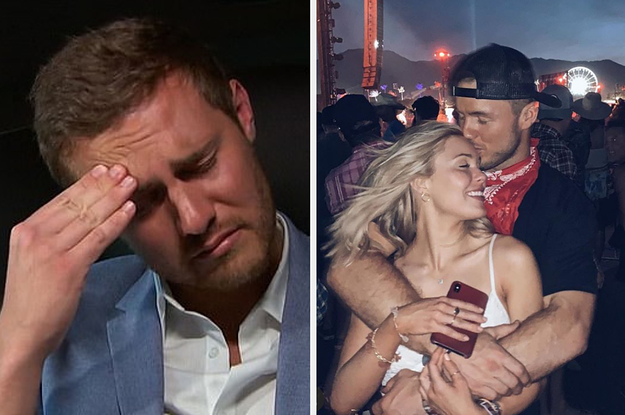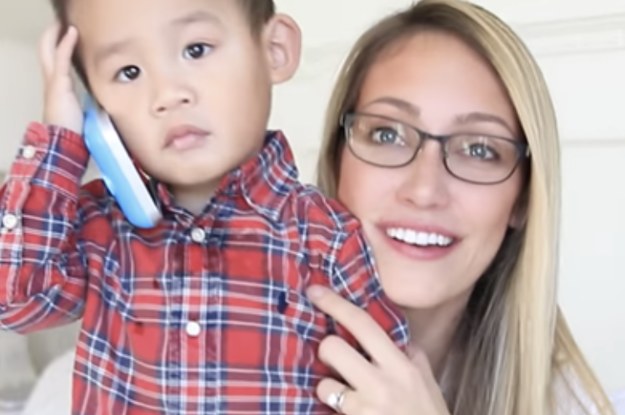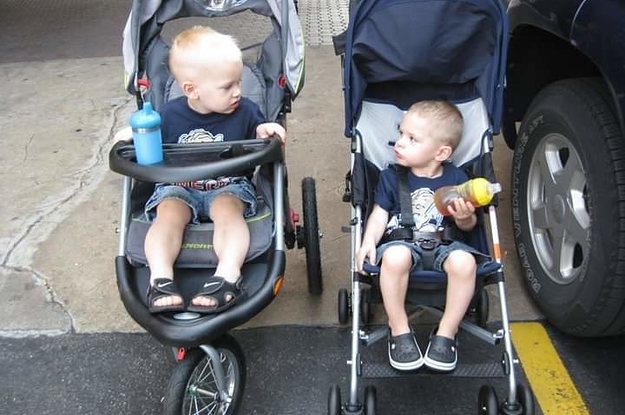Month: May 2020
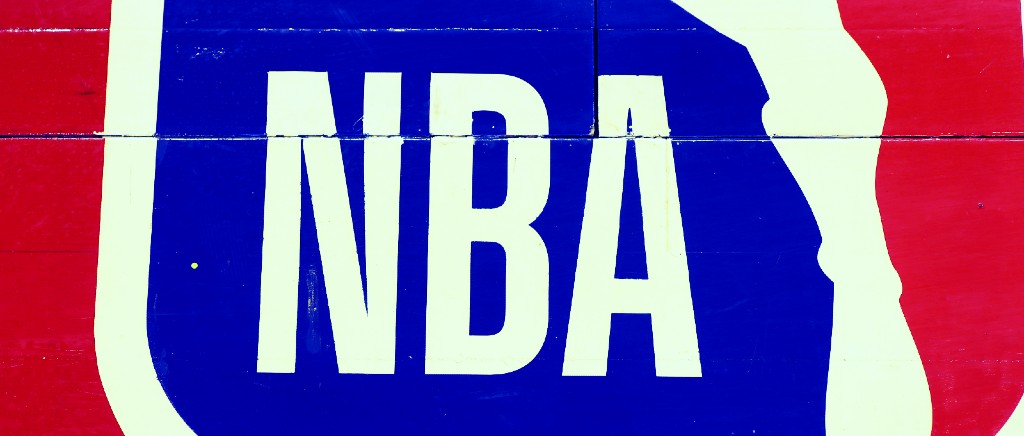
Plenty of members of the NBA community have spoken out in response to the death of George Floyd, a 46-year-old who became the latest black man to die because of police brutality when an Minneapolis officer put their knee on his neck and ignored that Floyd could not breathe until he became unresponsive. The incident has sparked outrage and protests, both in Minneapolis and in major cities across the United States.
Basketball coaches have been forceful in addressing this outrage as well. On Saturday, Detroit Pistons coach Dwane Casey and Atlanta Hawks coach Lloyd Pierce both put out statements in some form regarding what occurred and the subsequent protests that have followed. Casey’s statement, via the team’s official website, recalled having to confront racism at a young age while living in Kentucky.
“Fifty-four years ago I was an eight-year-old boy living in rural Kentucky when the schools were desegregated,” Casey said. “I walked into a white school where I was not wanted nor welcomed. At that time there were no cell phones to record my treatment, no cable news stations with 24/7 coverage, no social media to record the reality of the situation or offer support nor condemnation. But I can remember exactly how I felt as an eight-year-old child. I felt helpless. I felt as if I was neither seen, nor heard, nor understood. As I have watched the events unfold in the days following the murder of George Floyd in Minneapolis, a city where I coached and once called home, I see how many people continue to feel those same feelings – helpless, frustrated, invisible, angry.”
Pierce, meanwhile, spoke to Sarah K. Spencer of the Atlanta Journal Constitution and stressed the importance of those who are in a position to ignore the devastating effects racism and bigotry can have on marginalized communities to listen and understand the hurt it causes.
“I just feel there’s a lot of people that need to hear that black men, black people are living in fear,” Pierce said. “You may have seen the George Floyd incident, but have you heard your best friend or the dude you work with or the lady you work with speak about her fear every day, not just that day? Every day, because of this. … For me, and what I’ve tried to express, this is where it’s important that I say something. It’s important that we all say something.“
And I’m trying to speak on behalf of a lot of people, a lot of black men, and I’m trying to speak to a lot of white men and a lot of white people, so that they hear me. Because what I’ve gotten when I’ve talked to people that aren’t of color, they express to me ‘I’m not a black man and I can’t pretend to know how you feel.’ And so it’s my job to express to them how I feel, so they can at least feel my pain, because they’re not going to feel what I feel, they’re not going to live in fear, they’re not going to be subject to the same deal, they’re not worried about their nephews and their sons and their cousins having to train themselves on how to deal with the police if they get pulled over. So I have to express that to them and every African American man needs to express that to every white person that they know, so that they understand better. But they’re not going to feel it, and I’m not here to blame a white person because he doesn’t feel what I feel, but I do want to explain it to him, so he has no excuse not to understand.”
In Cleveland, head coach J.B. Bickerstaff co-authored a statement with general manager Koby Altman, with both men communicating the “sadness, disgust and overall frustration” they feel while simultaneously articulating that “in the face of desired change, we cannot treat this as an isolated incident of outrage, but one that we remain consistently engaged with and one where we focus our energy toward sustainable accountability.” And in Minneapolis, Timberwolves coach Ryan Saunders spoke earlier this week about the importance of listening, telling ESPN that ” I wanted to make sure we were listeners, that we could become more educated as people completely inexperienced in never getting the benefit of the doubt.”
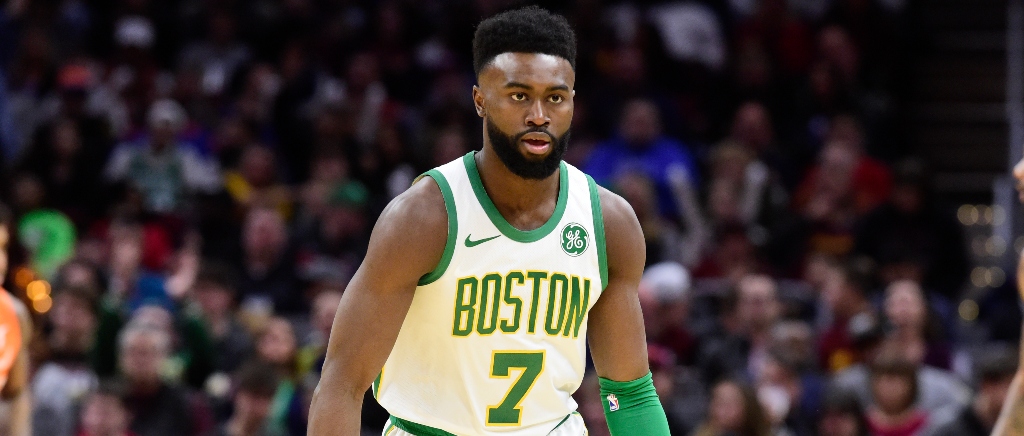
Protests are continuing across the nation on Saturday in the aftermath of George Floyd’s death while in custody of police in Minnesota. Floyd has the tragic distinction of being the latest black person in the United States to lose their life at the hands of a member of law enforcement, as a now-former Minneapolis police officer has been arrested and charged with third-degree murder and second-degree manslaughter for putting his knee on Floyd’s neck for nearly nine minutes, including several after he had become unresponsive.
One city where protests have prominently been on display is Atlanta, a stone’s throw away from the home of Boston Celtics wing Jaylen Brown. On Friday, Brown took to Twitter to express his intention to peacefully protest Floyd’s death the following day.
I will be peacefully protesting tommorow
— Jaylen Brown (@FCHWPO) May 30, 2020
One day later and Brown announced that he’s putting together a march through the city on Saturday. Brown, who called police brutality “an act of terrorism” earlier in the week, invited people to join him at the CNN Center and march to the Martin Luther King Jr. Memorial a few miles away.
5:30 @ cnn to MLK memorial cite come walk with me
— Jaylen Brown (@FCHWPO) May 30, 2020
Atlanta
don’t meet me there beat me there come walk with me bring your own signs
— Jaylen Brown (@FCHWPO) May 30, 2020
Later in the day, however, he changed the planned route of the march due to road closures.
Cnn street is closed be on the lookout for a new address I’ll tweet it
— Jaylen Brown (@FCHWPO) May 30, 2020
Brown has been outspoken regarding Floyd in recent days, including critiquing those who “want to control the response” for not wanting to “control what initiated the response” and saying that turning the other cheek is not possible, as “there are no more cheeks to turn.” He also challenged individuals who choose to be bystanders in the face of hatred, saying “if you and your friends are around or are witnesses of cultural biases, microaggressions, subtle acts of racism, acts of racism, etc., and you don’t speak up on it or do something about it, you are part of the problem.”



